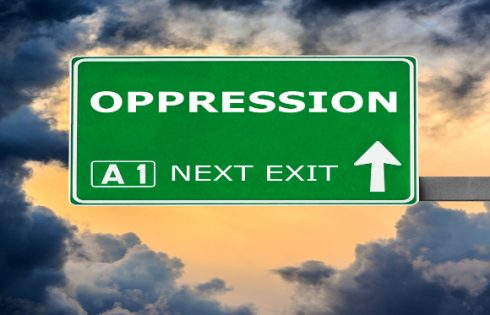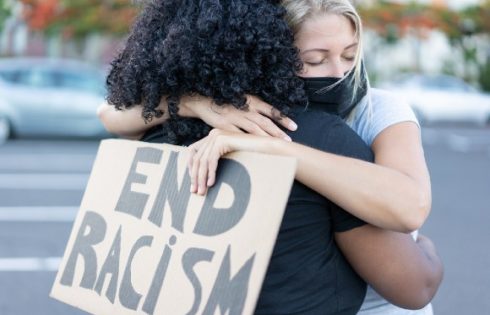 Dan Chinburg begins every meeting of the Philadelphia Tea Party Patriots with the Pledge of Allegiance.
Dan Chinburg begins every meeting of the Philadelphia Tea Party Patriots with the Pledge of Allegiance.
While that may sound like typical fare for a Tea Party meeting, the location isn’t: Chinburg is a student at the University of Pennsylvania, and the Tea Party Patriots is a campus organization.
Student-run, grassroots Tea Party groups like Chinburg’s Tea Party Patriots are springing up on campuses around the country — and now they may be banding together. The recently launched TeaPartyStudents.org has made the first attempt at bringing together individual Tea Party groups into one network. So, far, the group has 12 collegiate groups.
“We wanted to prove stereotypes wrong, the liberal pundits who say that [the Tea Party] has no appeal to youth,” said Daniel Oliver, the site’s founder.
While Tea Party Students is run by students, the website also hosts an advisory board consisting of national leaders of the Tea Party movement, including Michael Patrick Leahy of the Nationwide Tea Party Coalition and Judson Phillips of the Tea Party Nation.
The on-campus groups were started independently of each other, all by students who felt that their views were unrepresented by the curriculum and by the clubs already on campus.
“I thought there was a real need for students to understand the cause of the economic hardship, and I didn’t trust the professors to give them an unbiased account of capitalism,” said Dan Chinburg, founder of the UPenn chapter of the Philadelphia Tea Party Patriots. A former full-time intern for a Pennsylvania county Democratic Committee, he said he’s “always believed in freedom and liberty,” but when he began to consider those things in the economic sphere, he changed his mind about the role of government in its citizens’ lives.
“The individual is the most important minority in any country,” Chinburg added.
“I want to educate,” said Mary-Alice Perdichizzi, co-founder of the Brandeis Tea Party, and another former liberal turned Tea Party member. Perdichizzi began her on-campus activism as a member of her college’s Republican club, but felt that they “weren’t doing anything except campaigning.” She feels the Tea Party is a “more invigorated conservative movement.”
While she feels that the group has received a considerable amount of support from fellow students and professors, the group’s events have met with some “scary backlash” from campus groups like Jewish Students for Peace, and the Muslim Students Association. Students attempted to prevent them from screening the documentary “Obsession: Radical Islam’s War Against The West.”
While they were eventually allowed to show the movie, there were people outside passing out pamphlets accusing them of racism and Islamophobia. The screening itself was interrupted by an angry student.
“He literally shouted at us and ran out,” Pedichizzi said. “I want to debate. I’m trying to collaborate with clubs on campus. College Democrats won’t debate us.”
The UPenn chapter had the same problem.
“They said it would be redundant, because they already debate the Republican Club,” Chinburg said. He believes his group is different from the Republicans, however.
“We stay away from social issues. We’re invested in the free market. We’re non-partisan. You don’t have to show us a party card to enter,” Chinburg said. He noted that several of the “big government” programs they are against, like the bailouts, were begun by the Bush Administration.
“When a party gets elected, they can tend to rescind their principles,” he said. “We’re going to hold the fire underneath the new Congress.”
Kate Havard is a junior at St. John’s College. She is a member of the Student Free Press Association.
Like The College Fix on Facebook / Follow us on Twitter





Please join the conversation about our stories on Facebook, Twitter, Instagram, Reddit, MeWe, Rumble, Gab, Minds and Gettr.